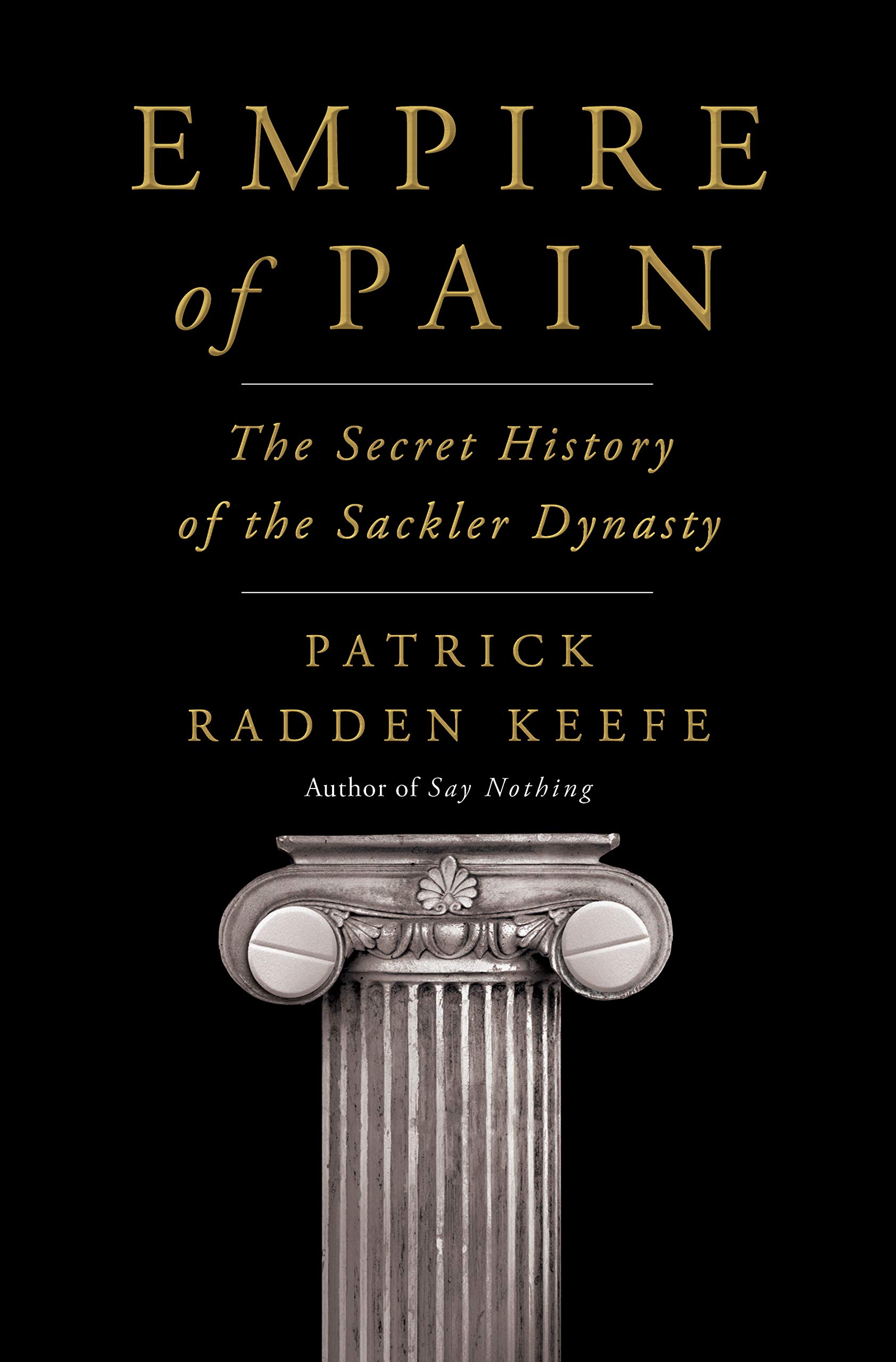What do you think?
Rate this book


535 pages, Hardcover
First published April 13, 2021
The opioid crisis is, among other things, a parable about the awesome capability of private industry to subvert public institutions. Just as the FDA was compromised and Congress was neutralised or outright co-opted with generous donations, and some federal prosecutors were undermined with a back-channel appeal to Washington while others were mollified with the promise of a corporate job, just as state legislators and the CDC [Centre for Disease Control] were hindered and sabotaged when they tried to curb opioid prescribing, the DEA was not immune to these pressures and proceeded to soften its position under a steady barrage of industry encouragement.